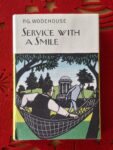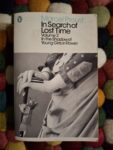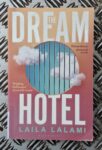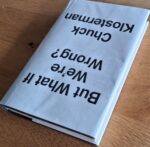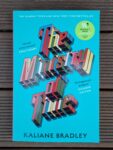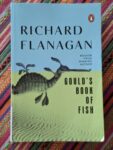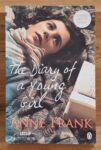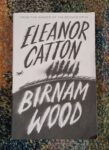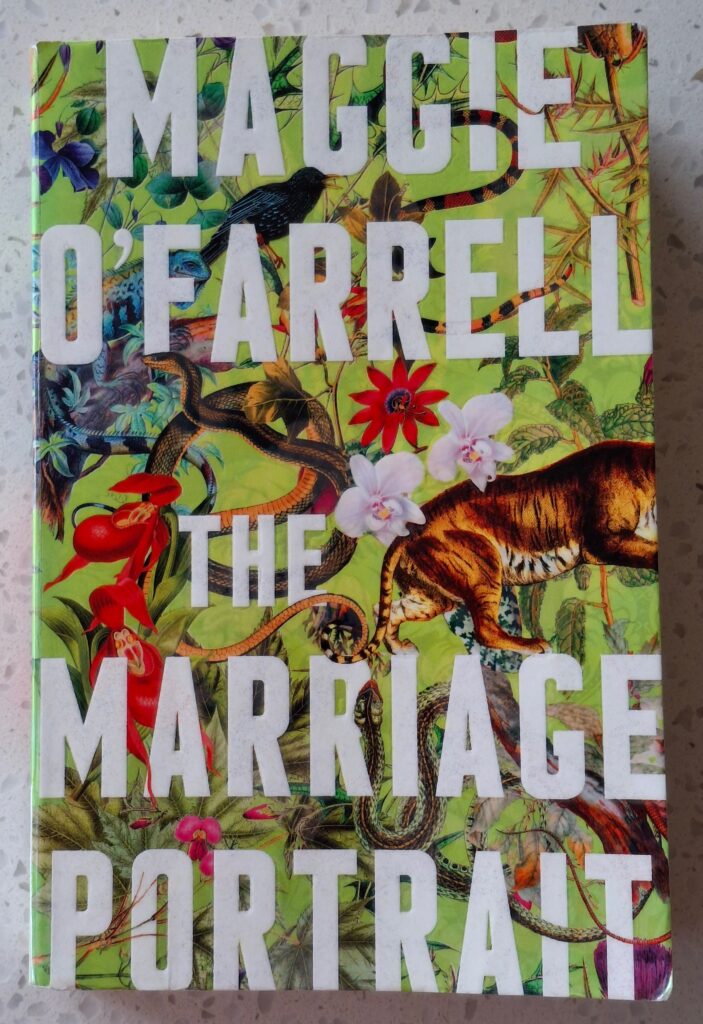
Lucrezia’s husband is planning to murder her – what can she do about it? This book is a compelling dive into the personal and political world of 15th-century Florentine royalty. It’s a fictionalised account of a real troubled marriage, with vividly-drawn characters and relationships. I enjoyed reading it even though I found the ending somewhat unsatisfying.
Continue reading